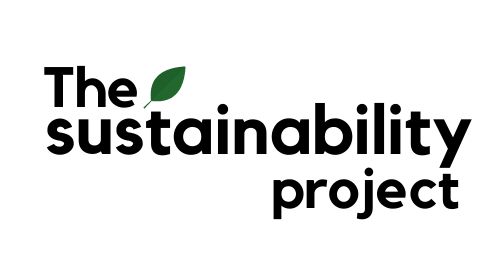We all know plastic kills. We all know plastic is bad for the environment. We all know that plastic is an issue that is hard to solve.
But, have you ever stop to wonder, where the copious amounts of plastic waste in our oceans come from? Well, I am sure you know the answer as well. It should no longer be a surprise that large amount of plastic comes from us.
Facts such as
- 8 million tonnes of plastic (3% of global annual plastics waste) in our ocean
- The world’s plastic production has increased exponentially from 2.1 million tonnes in 1950 to 147 million in 1993 to 406 million by 2015.
- Some 700 species of marine animals have been reported so far to have eaten or become entangled in plastic.
- Oceans having more plastic than fish by 2050
All these sound scary, we know. So how does it actually impact us locally, in Singapore?
 Plastic on Singapore’s Shores
Plastic on Singapore’s Shores
Closer to home, plastic pollution has detrimental effects on our marine resources. Plastic is the most common type of marine debris in Singapore, making up a whopping 57%. In 2018, Our Singapore Reefs removed 3,439 pieces of marine debris weighing around 704kg from around Sisters’ Island Marine Park and Lazarus Island.
While the general perception is that Singapore has a lack of natural resources, marine ecosystems – comprising our shores, mangroves, the sea, and creatures living in it – actually provide many services. These include an additional source of food, livelihoods, desalinated water supply. Local fish farms currently produce 10% of Singapore’s fish consumption. In addition, the government aims to increase local food production to meet 30% of Singapore’s needs by 2030 in its “30 by 30” vision. Marine ecosystems also serve recreational and aesthetic purposes.
Singapore relies significantly on its marine resources for the provision of food, a reliance that is only expected to increase in the years to come. This exacerbates the urgency of the issue of marine plastic pollution, where the accumulation of plastics on the shores in Singapore may effectively enter our food chain.
In a country with limited land, the accumulation of plastic on our shores puts increasing stress on land use and waste management systems. We recognize that our behaviour has an impact on the environment. However, a study showed that 47% of Singaporeans agree that engaging in environmentally friendly practices is inconvenient.
Without changes in our consumption habits, plastic pollutants will increasingly affect our surroundings.
It’s Time to Clean Up Our Act!
A shift in mindset among individuals is necessary to reduce marine plastic pollution. In fact, our personal behaviour affects environmental outcomes. However, individuals are not aware of the direct consequence of discarding their plastic waste. Marine plastic pollution is regarded as “out of sight, out of mind” – individuals are not held accountable for it.
Reduce Littering on Beaches
To eliminate the adverse effects of plastic pollution, we can adopt stronger personal responsible consumption and civil responsibility. One way is to avoid littering in public areas, especially near coastlines. This is essential to ensure the long-term prevention of marine plastic pollution. To play a stronger role in maintaining our ecosystem, you can also consider joining some ground-up beach clean-up initiatives.
Sign up for your Local Beach Clean-ups
In the long run, we need to prevent and reduce marine plastic litter to mitigate the adverse effects of marine plastic pollution. While there is a multitudinous effort placed in community organised beach clean-ups, this is merely a reactive measure. More has to be done!
With increased plastic pollution among other waste washing up on our beaches, the aesthetic value of our marine coastline becomes compromised. To maintain a ‘clean and green’ city, increased manpower is needed to clean the beaches and regularly, as trash is washed up every day from other parts of the region.
The implications of marine plastic pollution know no boundaries; the pollutants come from practically every country. The irresponsible actions of people and businesses alike affect communities in other countries. Because plastic trash like food and drink packaging float, they are more easily carried around the oceans across borders. Attending a beach clean-up makes this evident. With heaps of pollutants from local and global sources, sign up for your local beach clean up to see for yourself the amount of effects of pollution on our shores.
Read More: No 2021 Resolution Yet? Add This: Beach Clean Ups
Ground-up movements have been encouraging more people to use less single-use disposable plastic to prevent and reduce plastic waste generation. Such ground-up efforts are bearing fruit. But that effort does not come easy.
Eliminate Excessive Plastic use and Bring-Your-Own
Further, as companies respond to consumer demand, where more sustainable practices such as the removal of plastic straws in mainstream fast-food restaurants, are gaining traction. With the continual efforts from consumers like yourself to BYO, the probability of marine plastic pollution entering our waters is reduced. Next time, before heading out to take away food, you can consider bringing out your containers from home instead!
So, what are you waiting for? To kick-start efforts to better our environment, action needs to come from you.
This article is written by Shann Goh from Oceanfest. OceanFest2021 is a student-led initiative dedicated to raising awareness of our local marine environment by providing a platform for outreach and education

